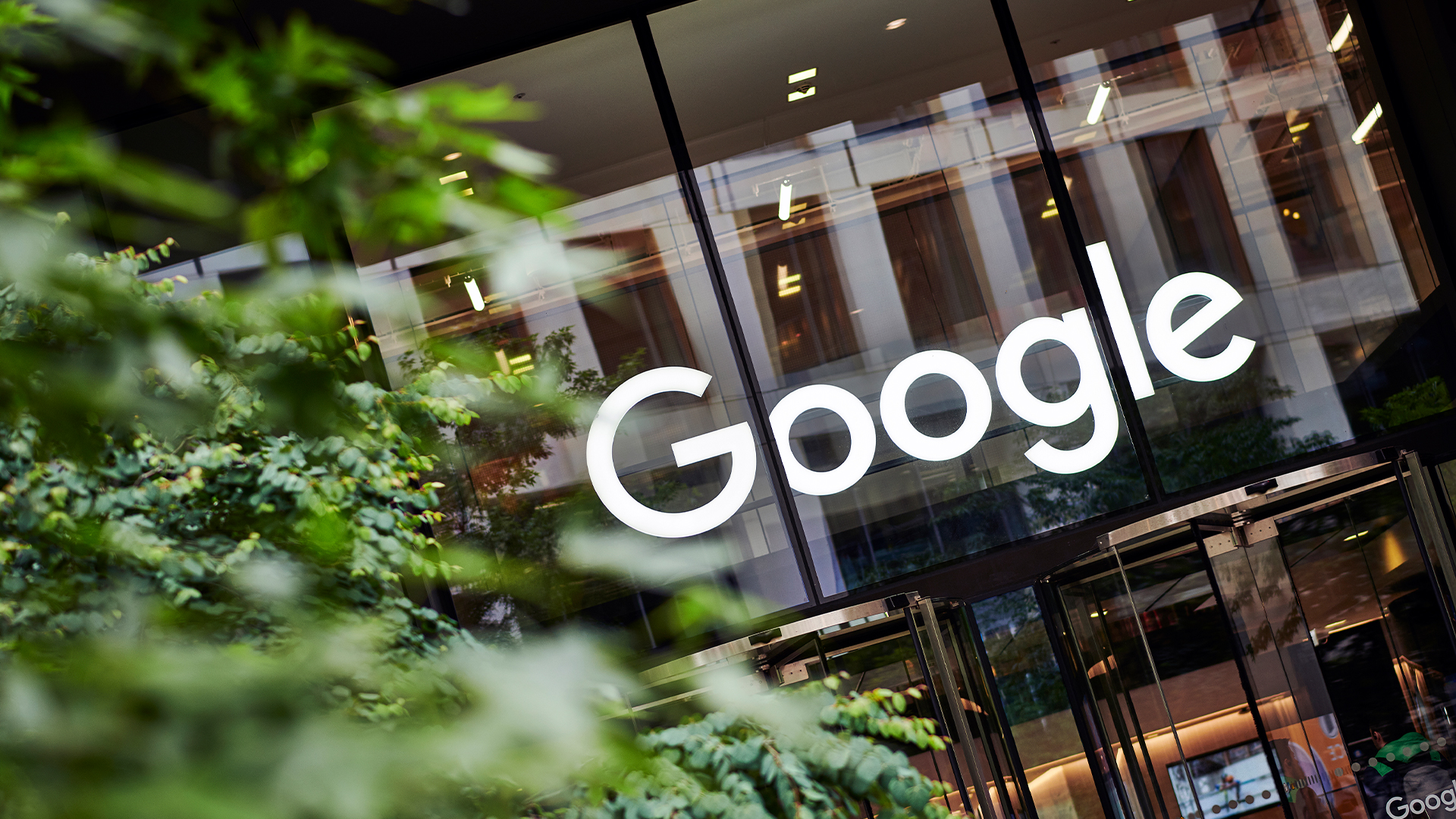Google is going nuclear
The company hopes to power its AI data centers with clean energy from small modular reactors - but the timescale is optimistic


Google has signed a deal for seven small nuclear reactors to power its data centers by the end of the decade.
The agreement, penned with startup Kairos Power, will see 500MW of power supplied to the tech giant, with the first of the small modular reactors (SMRs) due to come online by 2030, and the rest by 2035.
"This agreement helps accelerate a new technology to meet energy needs cleanly and reliably, and unlock the full potential of AI for everyone," said Michael Terrell, Google's senior director, energy and climate.
"Nuclear solutions offer a clean, round-the-clock power source that can help us reliably meet electricity demands with carbon-free energy every hour of every day."
Kairos Power’s technology is based on a molten-salt cooling system, combined with a ceramic, pebble-type fuel, to transport heat to a steam turbine and generate power, all at low pressure.
The technology is clearly in its early days, with Kairos saying it will use an iterative development approach with a series of hardware demonstrations ahead of its first commercial plant.
It has already reached several technical milestones on the way to a functioning reactor, however. This summer, it broke ground on its Hermes non-powered demonstration reactor in Tennessee, the first advanced reactor project to receive a construction permit from the US Nuclear Regulatory Commission.
Get the ITPro daily newsletter
Sign up today and you will receive a free copy of our Future Focus 2025 report - the leading guidance on AI, cybersecurity and other IT challenges as per 700+ senior executives
"The next generation of advanced nuclear reactors offers a new pathway to accelerate nuclear deployment thanks to their simplified design and robust, inherent safety," said Terrell.
"The smaller size and modular design can reduce construction timelines, allow deployment in more places, and make the final project delivery more predictable."
RELATED WHITEPAPER

Faster and cheaper to build than traditional nuclear reactors, SMRs have been attracting a lot of attention in recent years. They are in their infancy in terms of commercial development, however.
Reflecting the comparatively experimental nature of the SMR technology, the deal between Google and Kairos has milestone-based accountability baked in.
"Having an agreement for multiple deployments is important to accelerate the commercialization of advanced nuclear energy by demonstrating the technical and market viability of a solution critical to decarbonizing power grids while delivering much-needed energy generation and capacity," said Jeff Olson, Kairos Power vice president, business development and finance.
"This early commitment from Google provides a strong customer demand signal, which reinforces Kairos Power’s continued investment in our iterative development approach and commercial production scale-up."
Google isn't the only tech giant tapping up nuclear
With increasing concern about the energy footprint of the data center industry, tech giants are starting to turn to nuclear power.
Last month, for example, Microsoft signed a 20-year power purchase agreement (PPA) with energy provider Constellation to use energy from the Three Mile Island nuclear site, closed down in 2019.
Earlier this year, Amazon announced plans to build a hyperscale data center with a direct connection to a nuclear plant in Pennsylvania.
Oracle has also been exploring the possibility of harnessing SMRs to support data center energy demands. Last month, Oracle CTO and founder Larry Ellison said the cloud computing giant had already begun developing plans to build SMRs and integrate them directly within data center sites.
Emma Woollacott is a freelance journalist writing for publications including the BBC, Private Eye, Forbes, Raconteur and specialist technology titles.
-
 Bigger salaries, more burnout: Is the CISO role in crisis?
Bigger salaries, more burnout: Is the CISO role in crisis?In-depth CISOs are more stressed than ever before – but why is this and what can be done?
By Kate O'Flaherty Published
-
 Cheap cyber crime kits can be bought on the dark web for less than $25
Cheap cyber crime kits can be bought on the dark web for less than $25News Research from NordVPN shows phishing kits are now widely available on the dark web and via messaging apps like Telegram, and are often selling for less than $25.
By Emma Woollacott Published